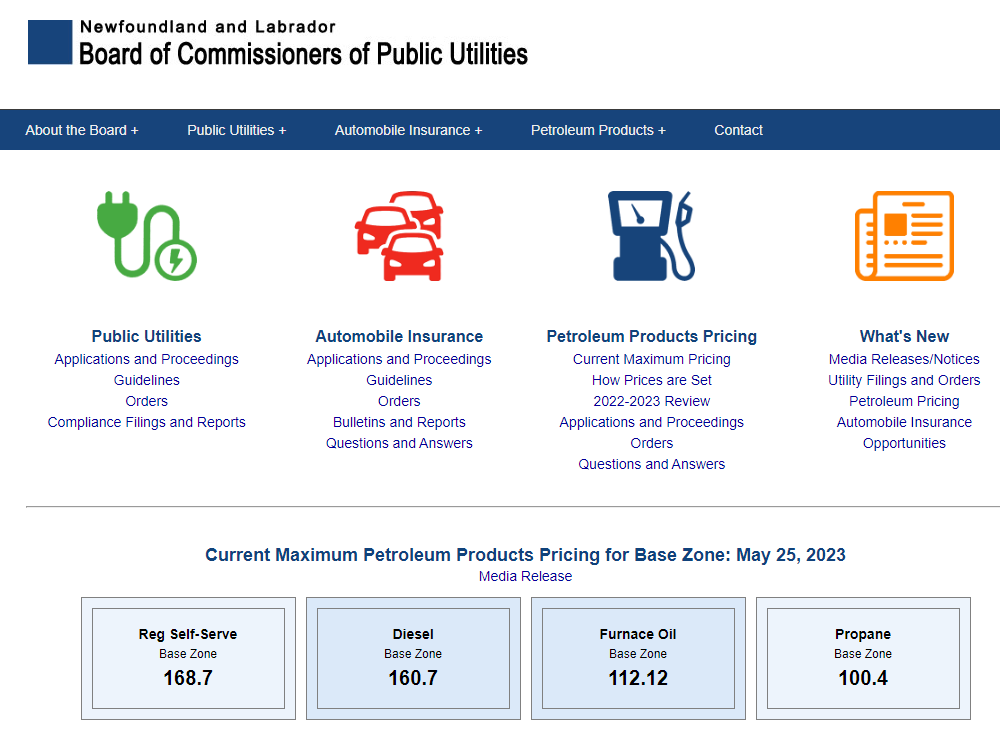In politics, how you do something is as important as what you do.
Take the changes to the Public Utilities Board as a good example.
Broadly speaking, the PUB regulates two groups of things. One is energy – gas price “regulation” and domestic electricity rates. The other is broadly consumer-oriented like motor vehicle insurance. The PUB actually deals w…
Keep reading with a 7-day free trial
Subscribe to Bond Papers to keep reading this post and get 7 days of free access to the full post archives.




